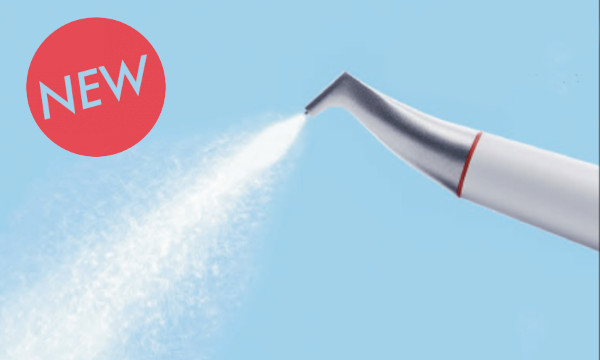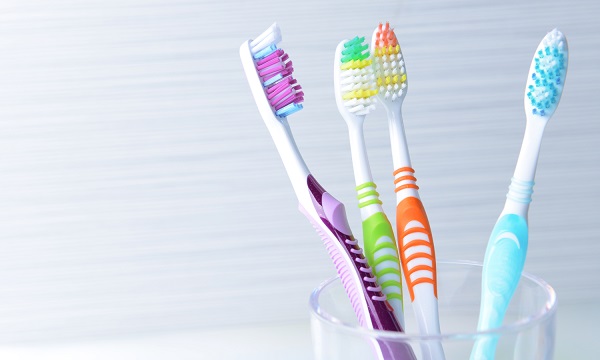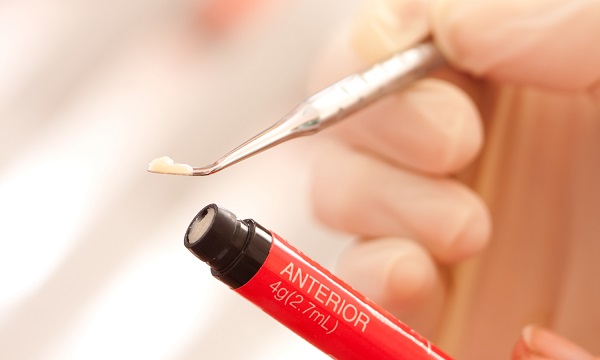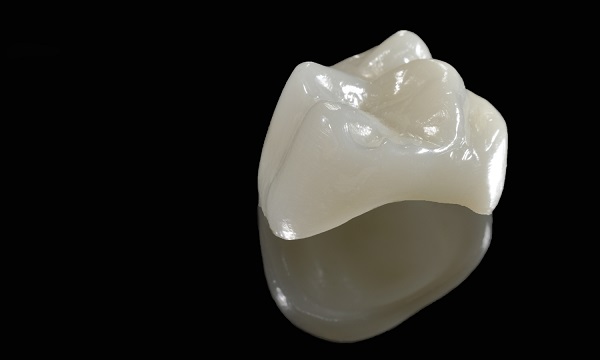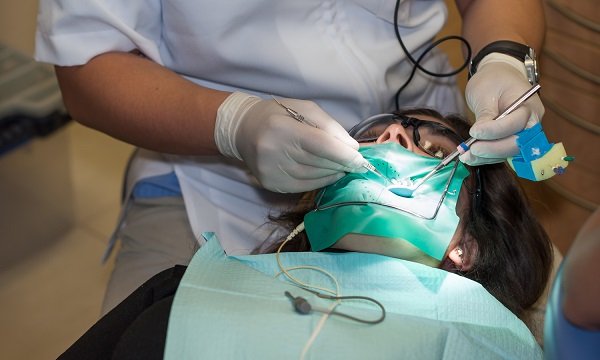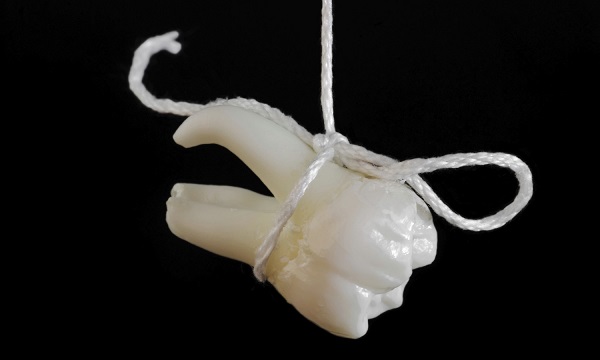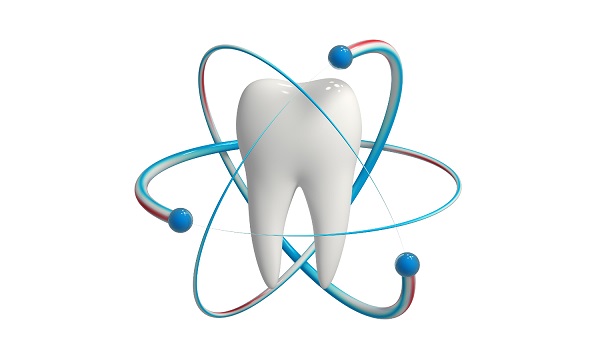Teeth may need to be removed for several reasons. These include: teeth that are too badly decayed, traumatised of filled multiple times that there is not enough tooth structure remaining to continue fixing them, teeth that have an infected nerve that the patient does not want to save with root canal treatment on, for orthodontic reasons, extra teeth found are also not uncommon and may need to be removed if they are impacted and cause risk to adjacent teeth.
Dr. Lynette Lim is very experienced and confident in extractions of both wisdom teeth and regular teeth. Getting the tooth out is down to technique rather than strength!
Risk and complications
- Post extraction pain, swelling, bleeding
Sometimes if the tooth socket is not well taken care or for unknown causes it can become dry and get infected. It is also more common in smokers so we recommend not to smoke for the first 24-48 hours after the tooth is removed. When you get a dry socket, initially there is no significant pain apart from what is expected from a normal extraction. However, the clot breaks down after a few days and the pain starts increasing. The healing process is delayed. You may require antibiotics, pain relief and the wound redressed with some anti-bacterial and anti-inflammatory agents. The socket will eventually heal.
- Root fracture
Teeth can have thin, bulbous and brittle roots which can make them more prone to breaking when trying to remove teeth. Generally if the tooth nerve is not infected when the root is fractured off, the root can be left behind safely-especially if the root is less than 2mm in length. It is sometimes safer to leave the root behind than to chase after it. The root remanent may then get embedded in the bone and remain indefinitely. Other times the remanent may get resorbed away, especially baby teeth, or eventually float up to the gum surface and be more easily removed. Other times, especially if the tooth was infected prior, the root will get infected so needs to be removed rather than left.
- Sinus perforation
The roots of upper teeth can be very close, or even reach inside your sinuses. Because of this, the tooth could be acting like a plug and when the tooth is removed a small hole between the sinus and your mouth occurs. If it is a small hole, it generally closes up on its own, if it is a larger hole it will need to be repaired. You should still take precautions even if a hole is not noticed on the day of extraction, as the bone bone between the sinus and mouth can be thin. So even if no hole is apparent, if you are not careful you can create a hole later. Simple precautions include, in the first 24 hours, no drinking through a straw, if you have to sneeze, sneeze with your mouth open.
- Nerve Damage
Fortunately this unfortunate risk is extremely rare, but if it occurs can be debilitating so is mentioned here. In the lower jaw the nerves that supplies sensation to your face and tongue travel close to the roots of especially the lower molars. They may be permanently damaged or temporarily affected during an extraction. This may lead to altered sensation to the areas the nerve supply. Although the risk is low, Dr. Lynette Lim, carefully evaluates the area and take precautionary x-rays, including 3D scans in complex anatomy cases. She also does not hesitate to refer to specialist oral surgeons for dubious cases or if the patient wishes to be treated by a specialist. Dr. Lynette Lim has an excellent track record. With hundreds of teeth she removes each year, she has not had or know of any of her patient with permanent nerve damage.
- Sore Jaw, limited opening
It is not uncommon to experience these symptoms and in some cases expected given the nature of tooth removal. Like a vaccination, even the site away from the extraction where injection was given can feel bruised and the muscle stretched. Generally it goes away on its own with time.
- Adjacent teeth damage
Teeth next to the tooth being removed can get damaged during the process, this includes, chipping of restoration/tooth, and sometimes if the neighbouring tooth has a crown it may come off due to the wiggling process of getting out the tooth. It hardly happens, and Dr. Lynette Lim can usually predict beforehand by looking at the condition of the adjacent teeth but not all issues are foreseeable.
 By Dr. Lynette Lim
By Dr. Lynette Lim




